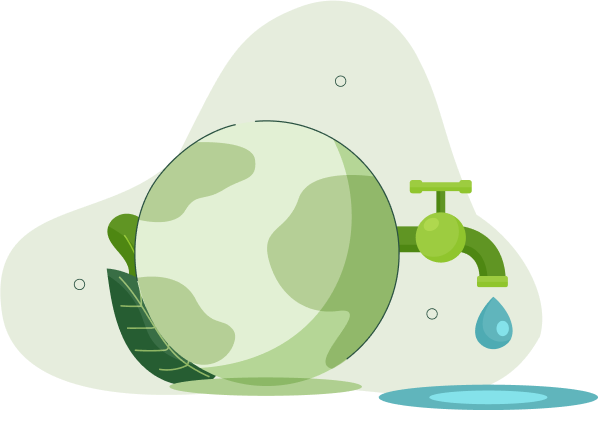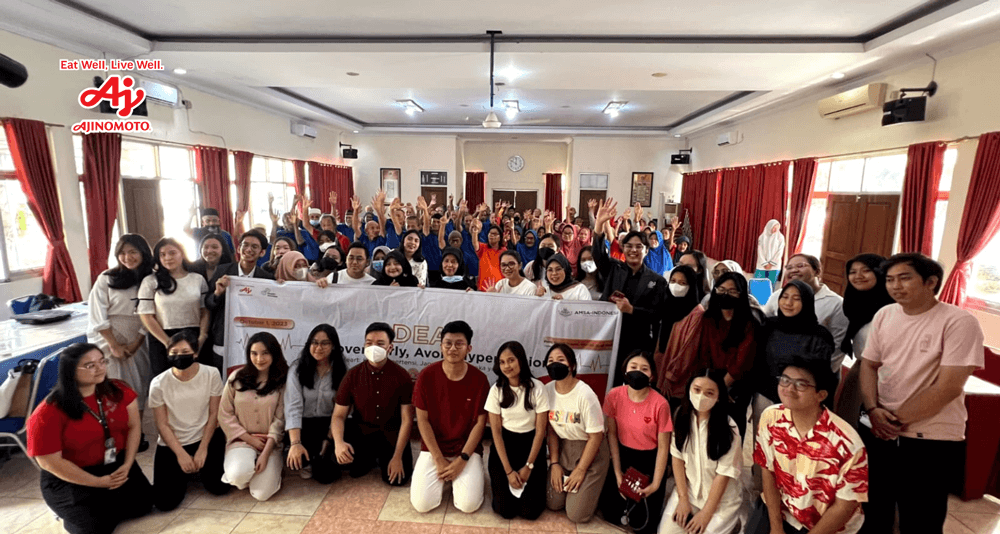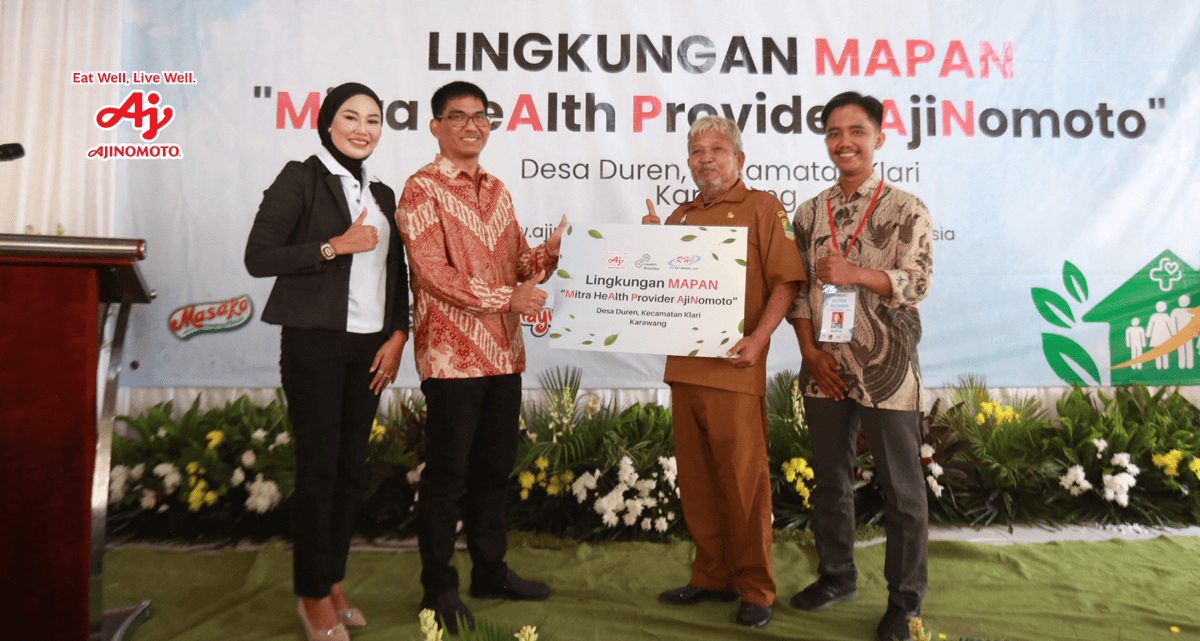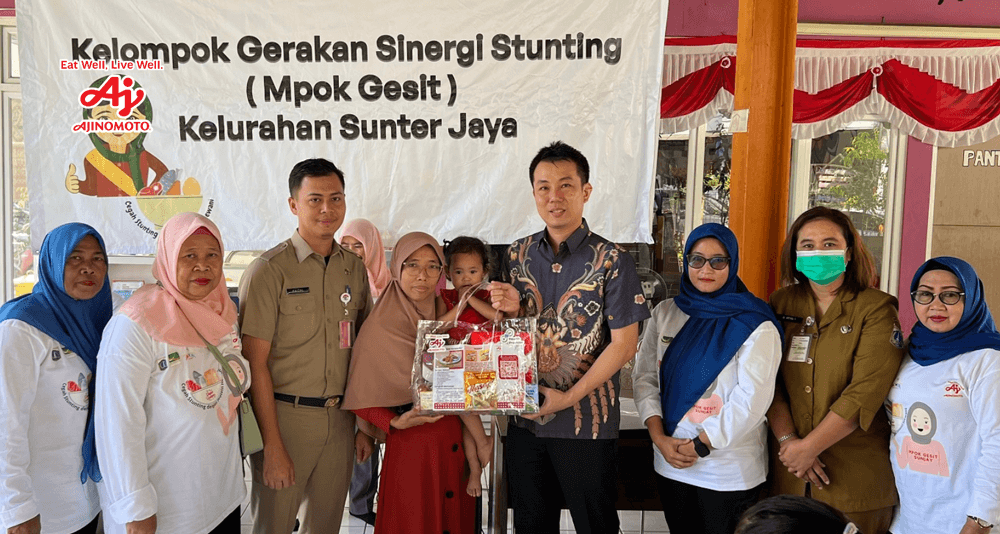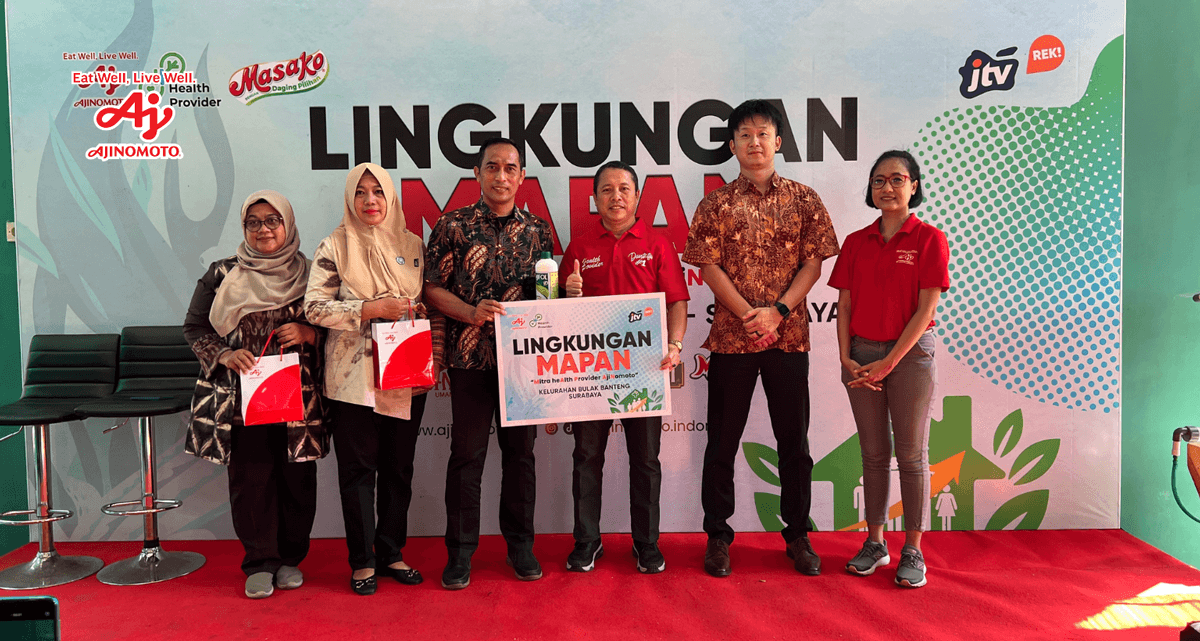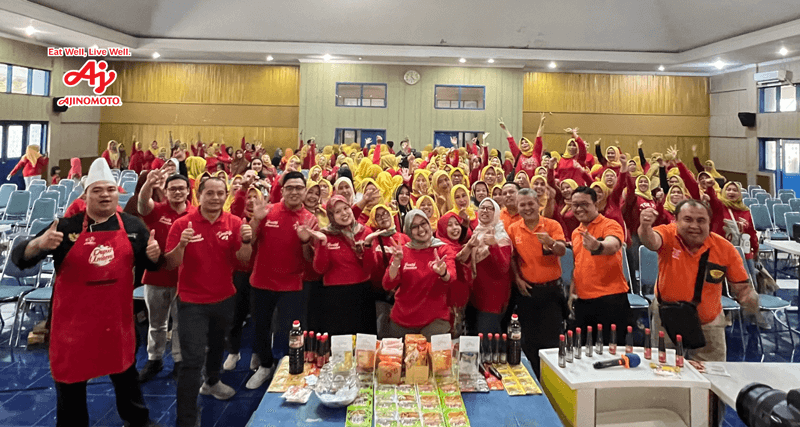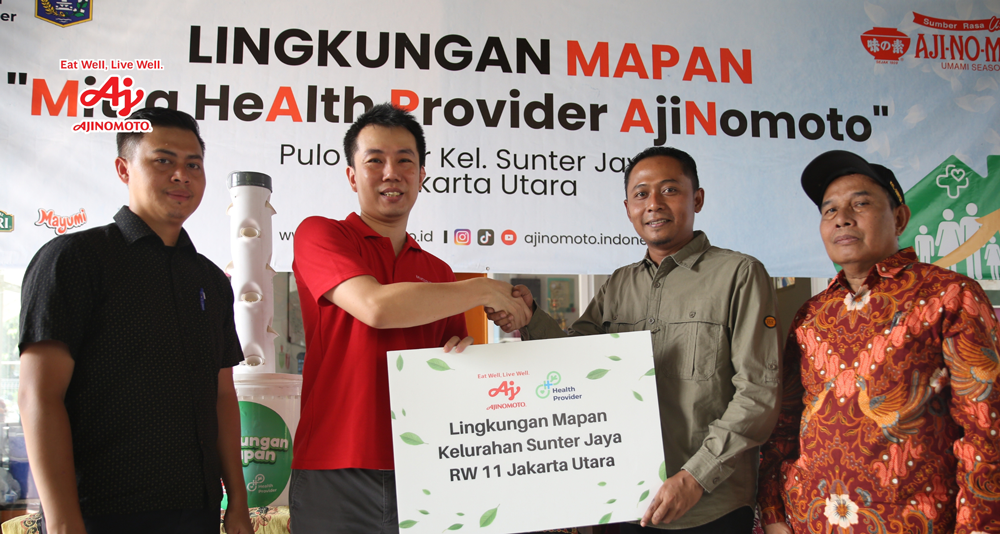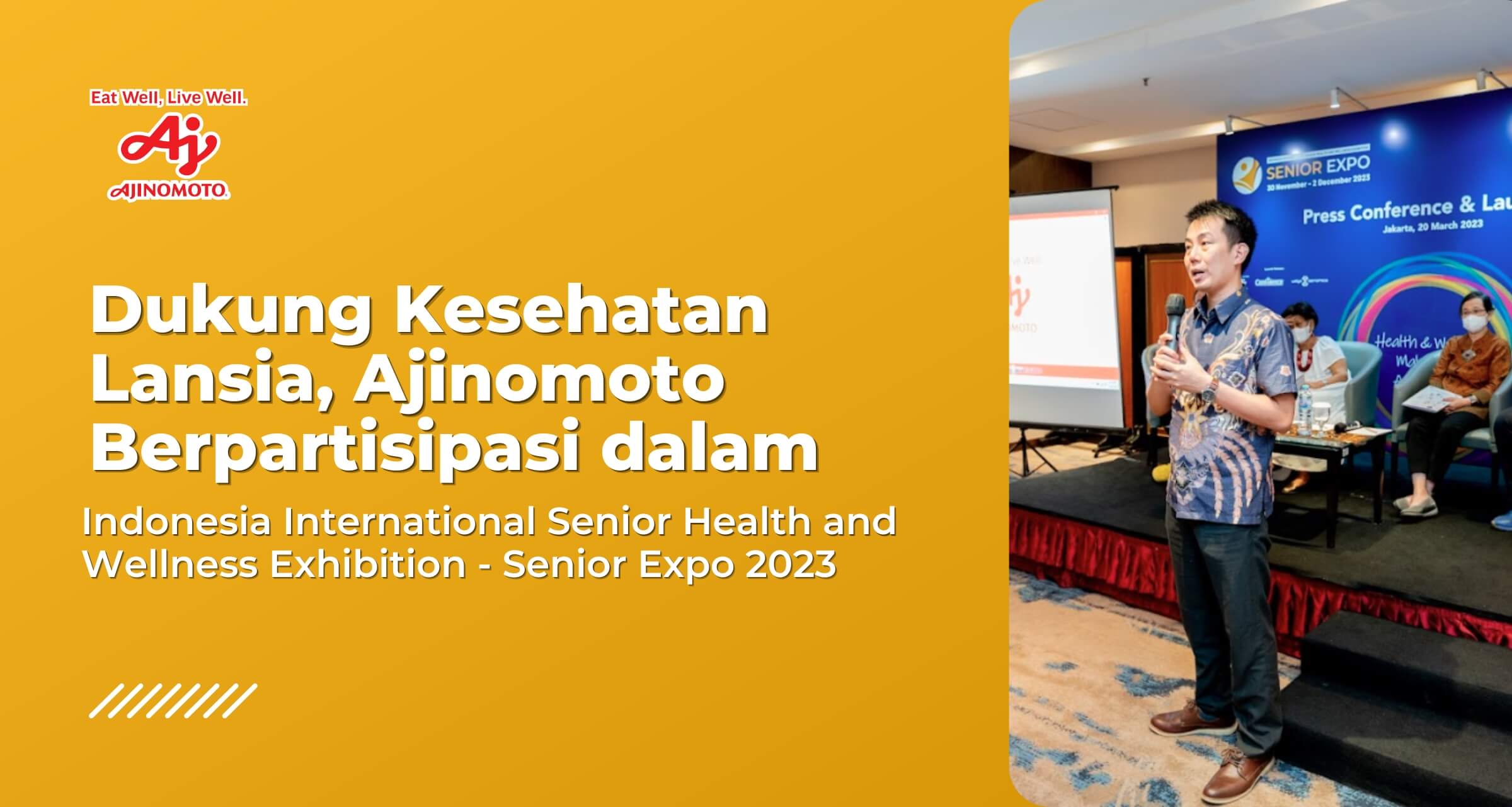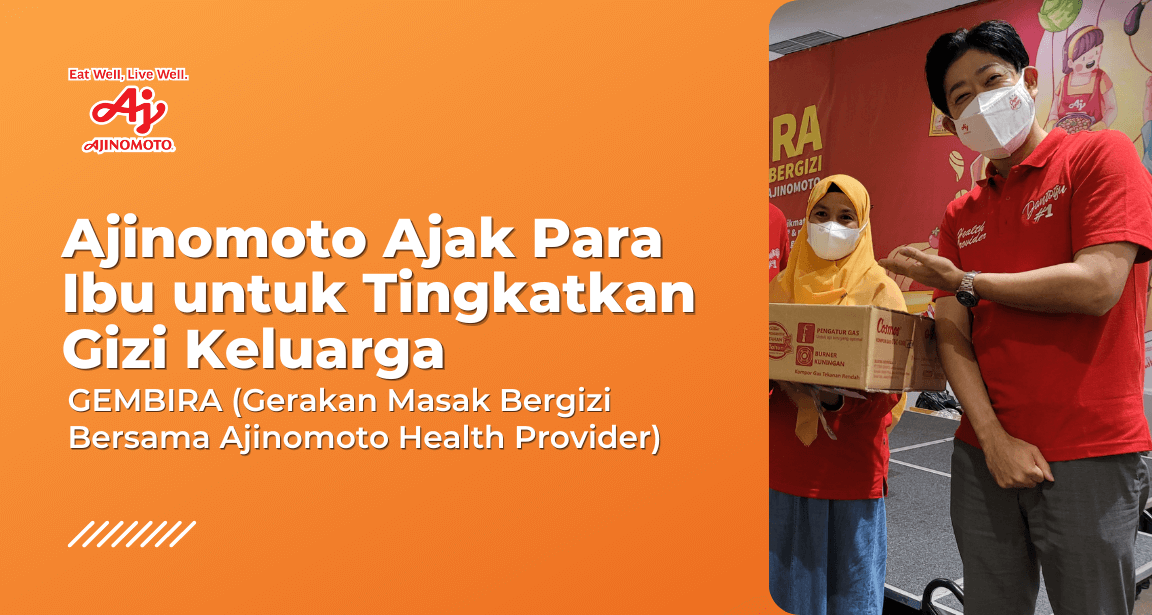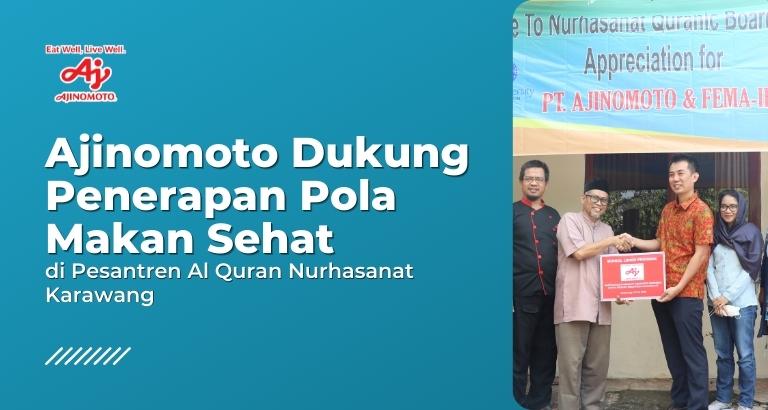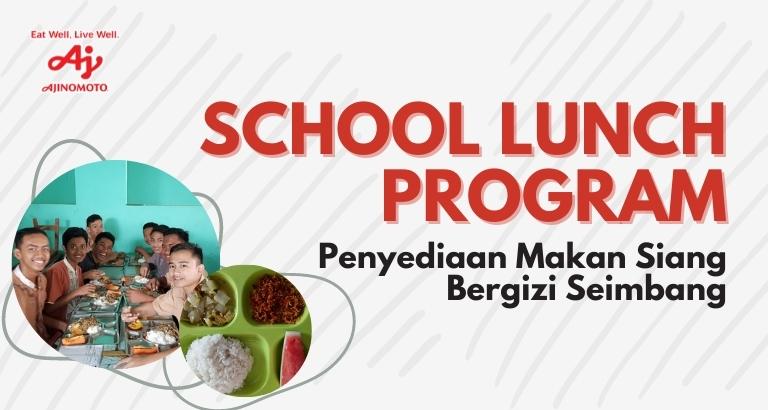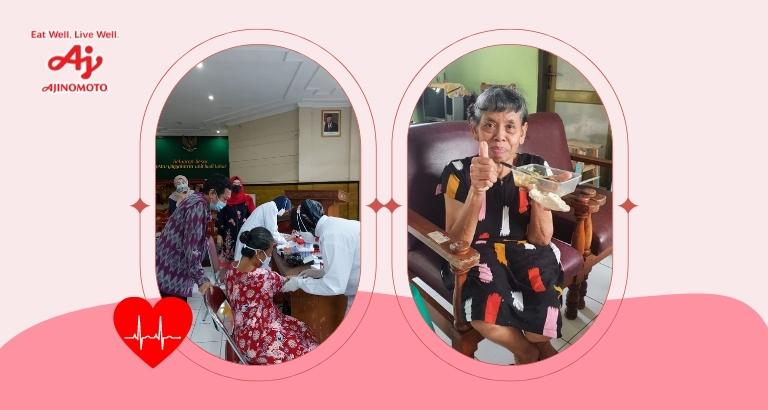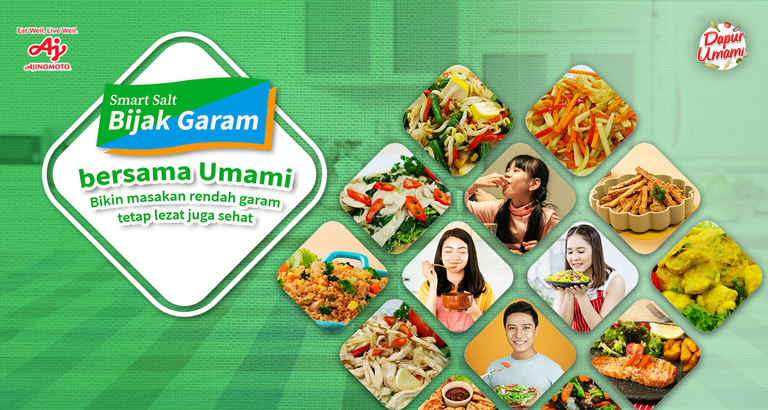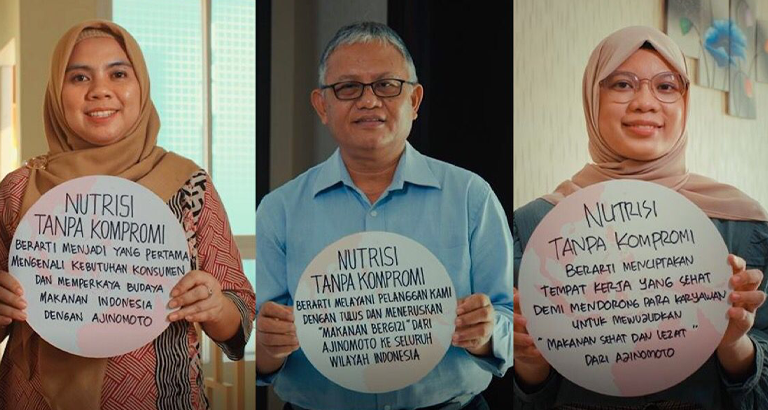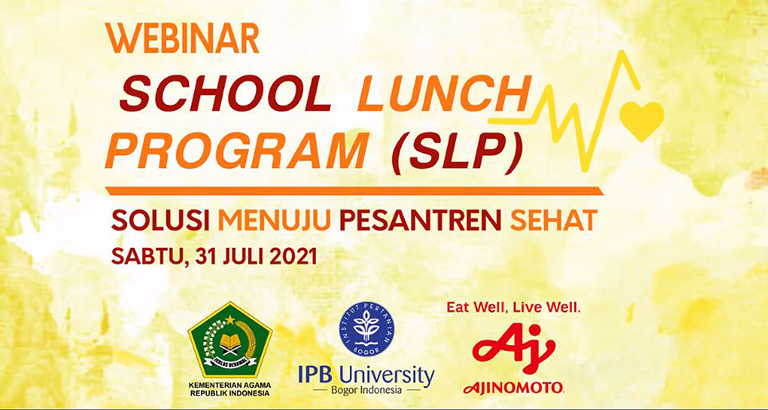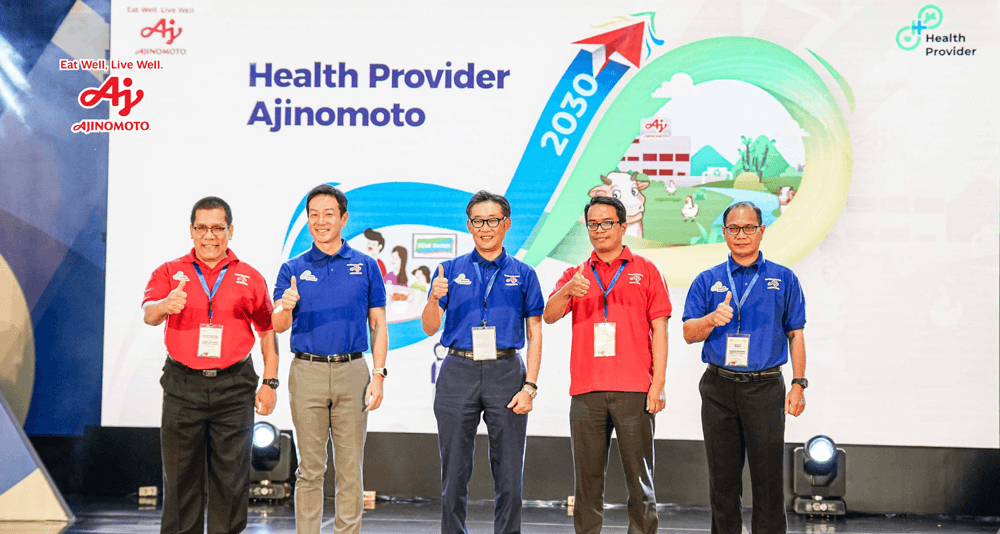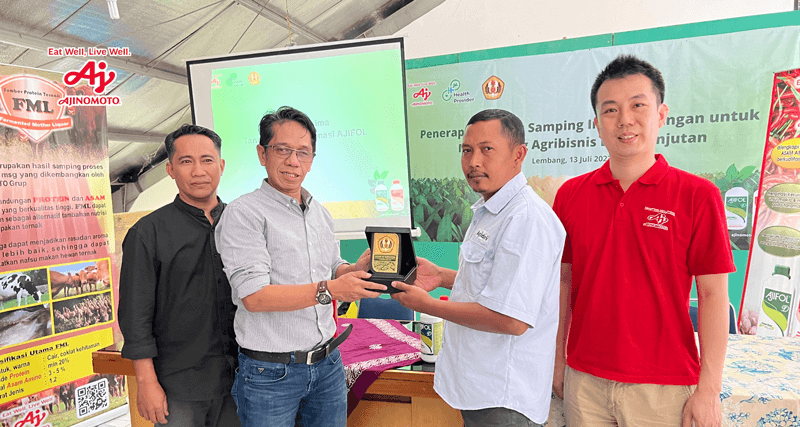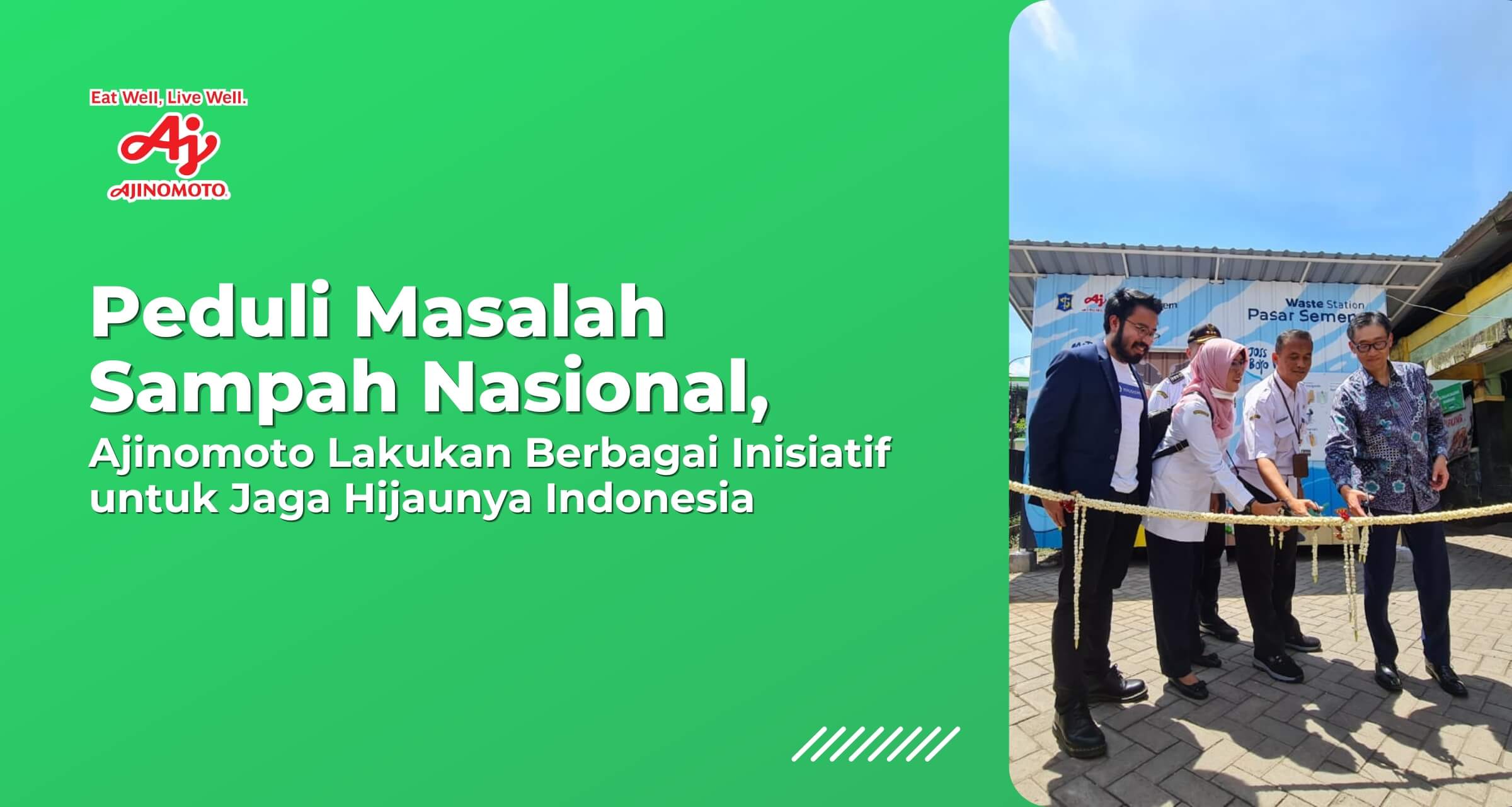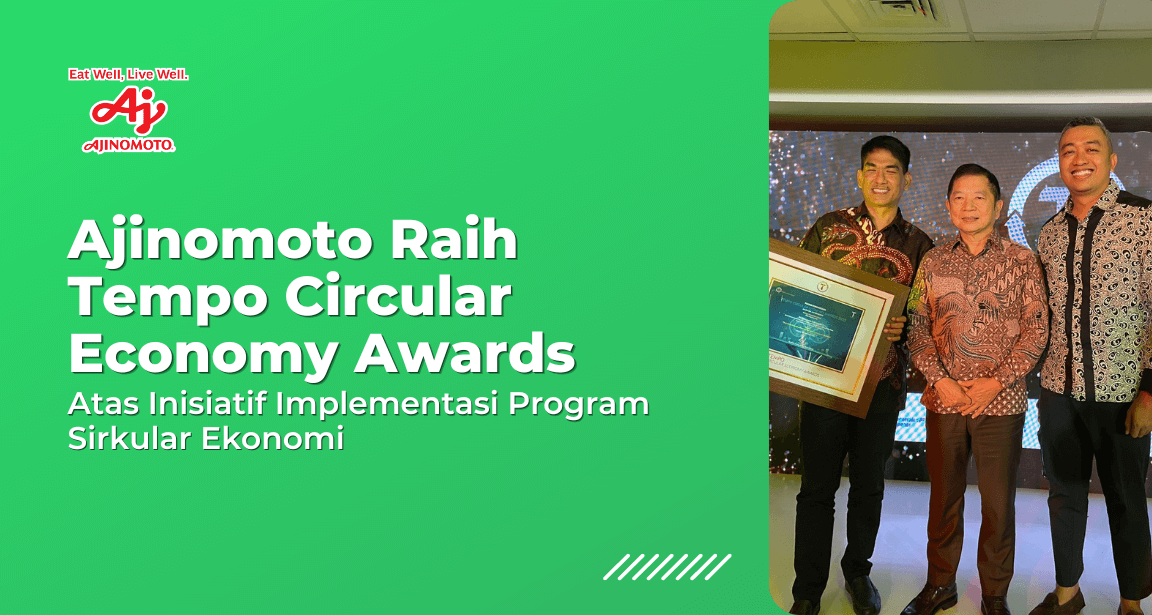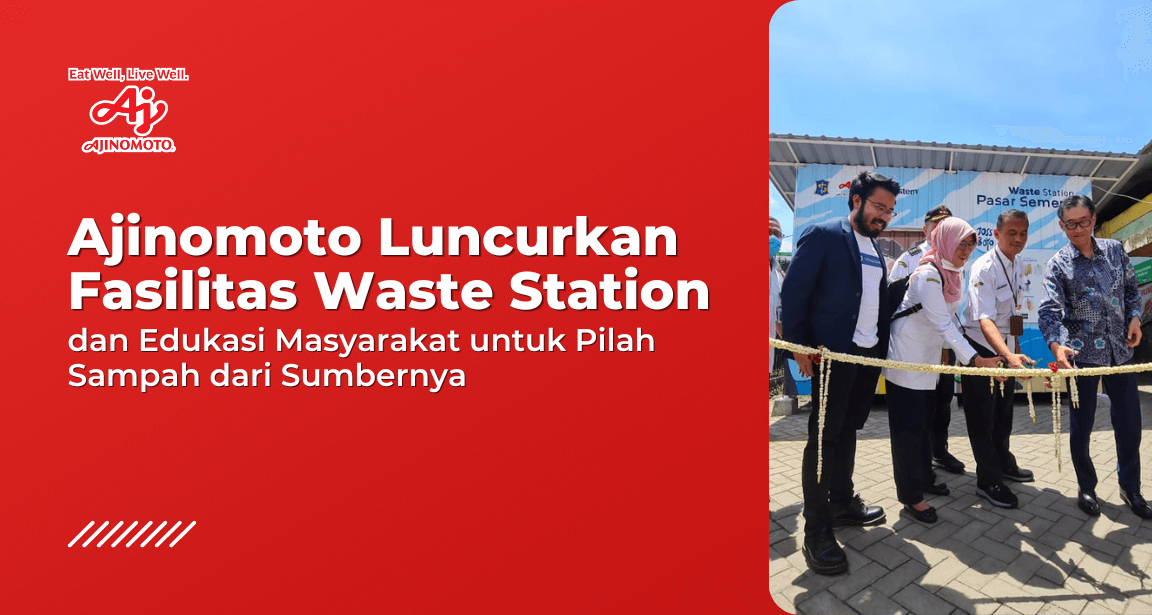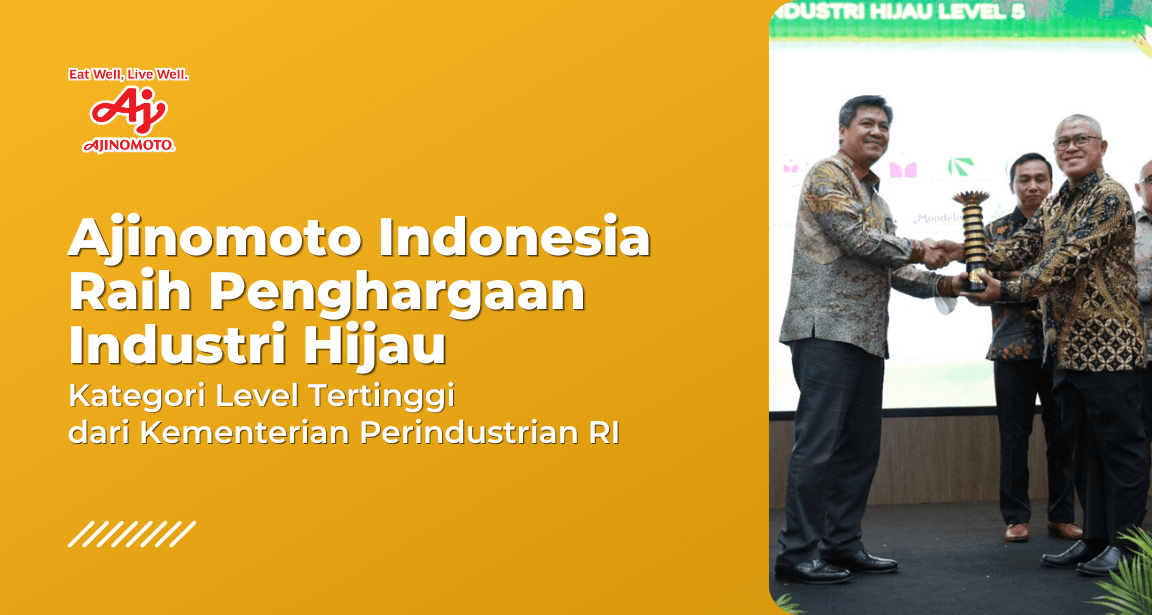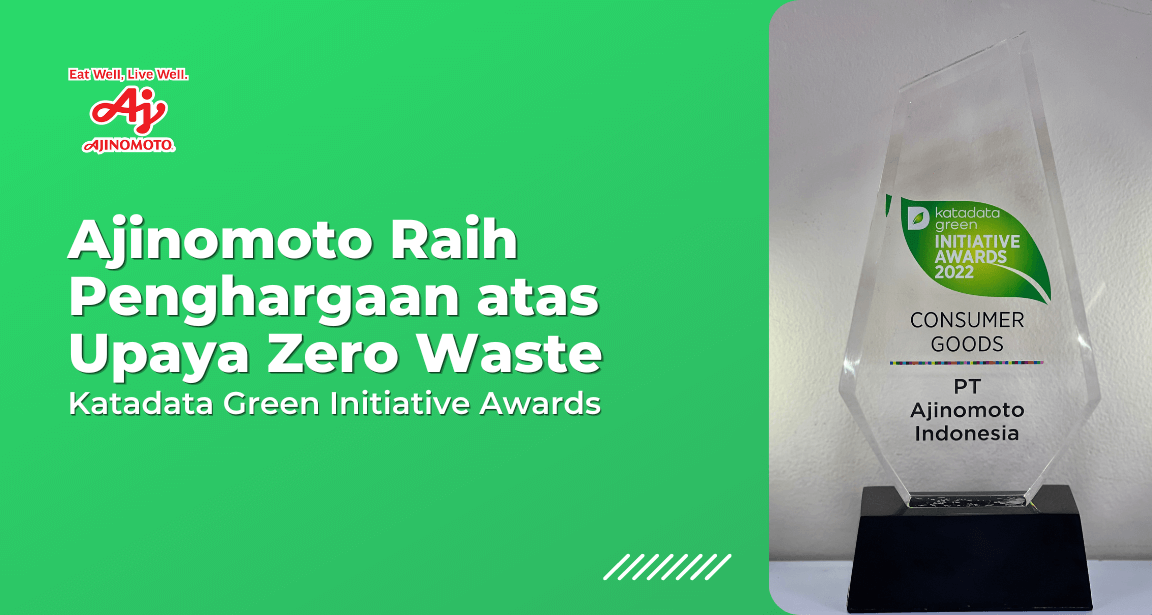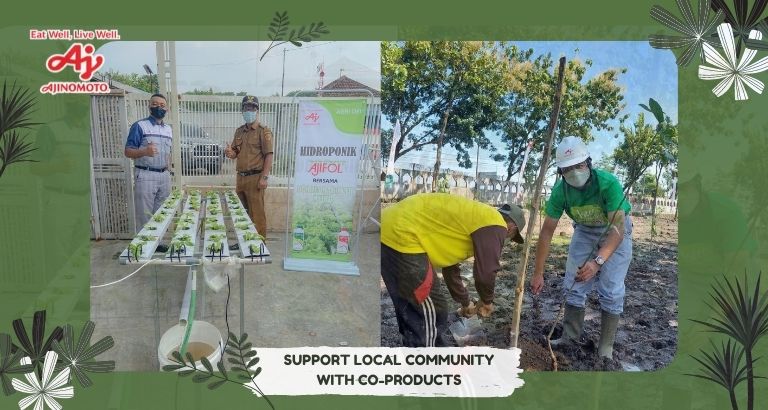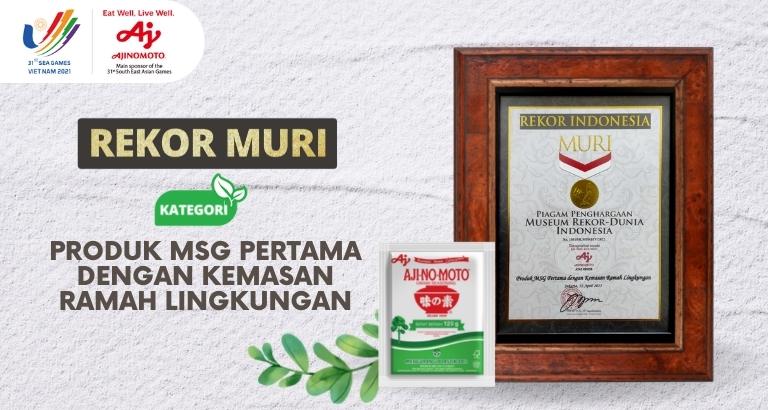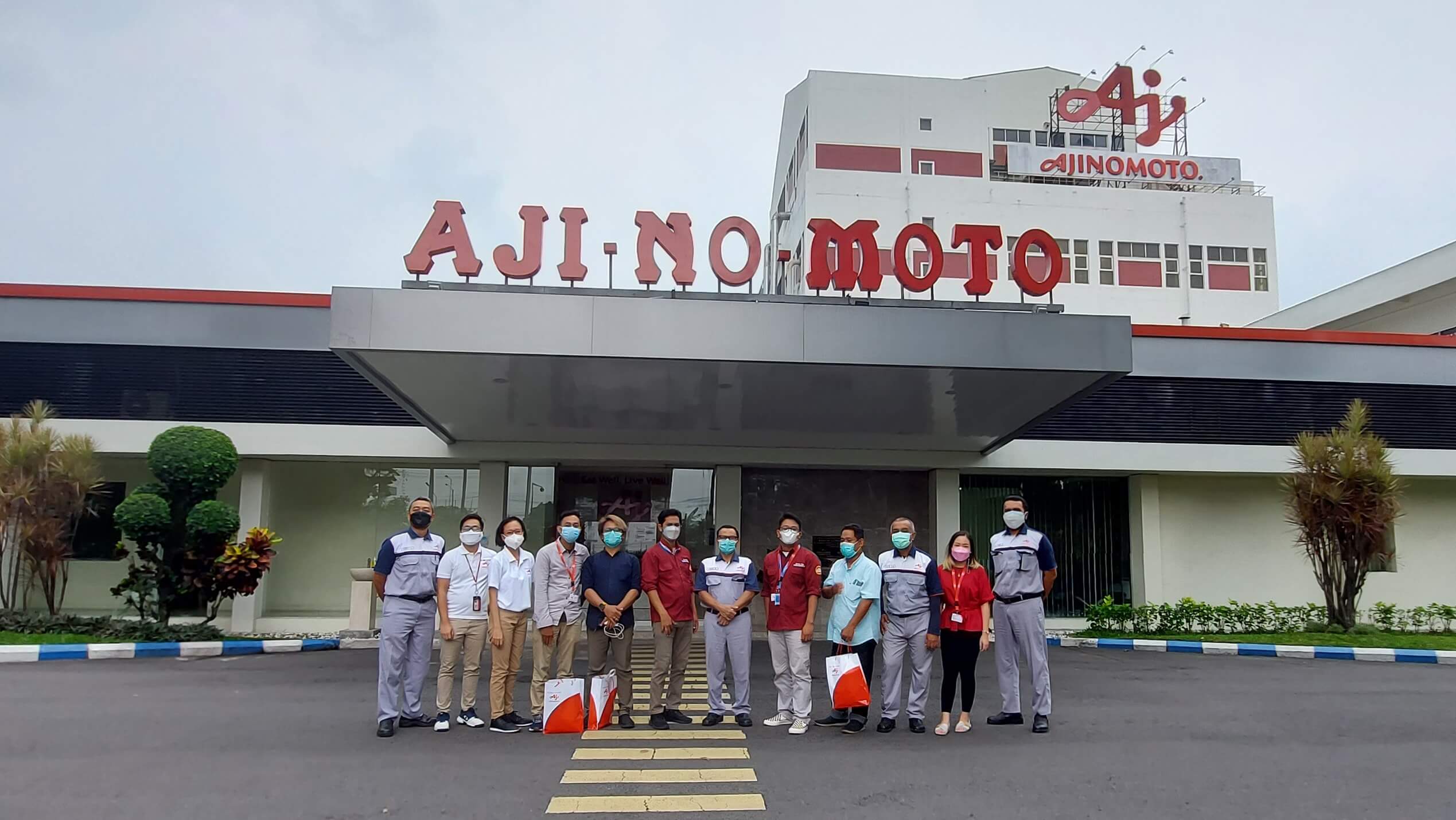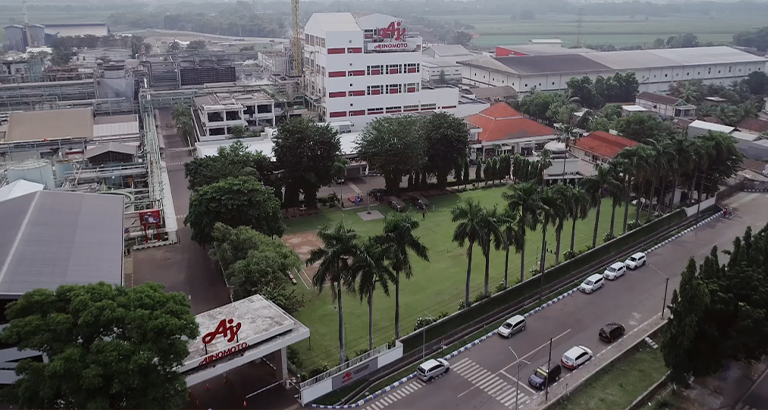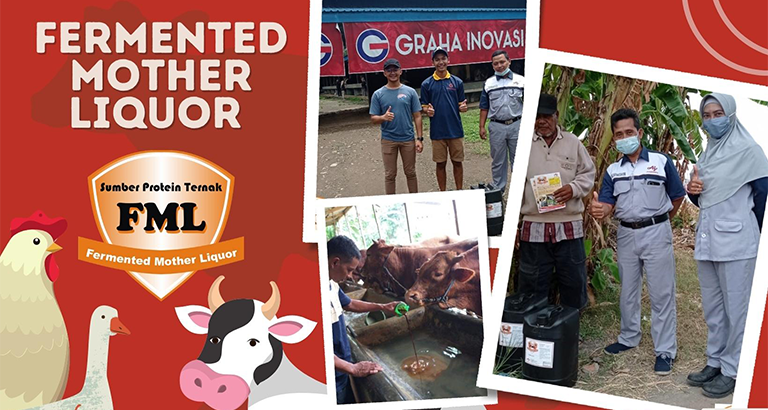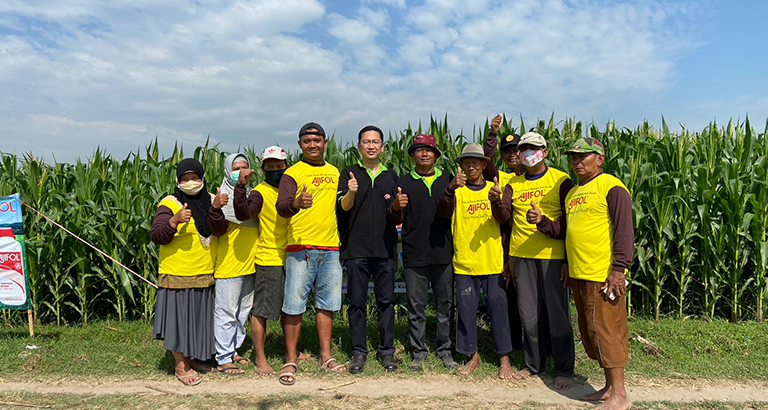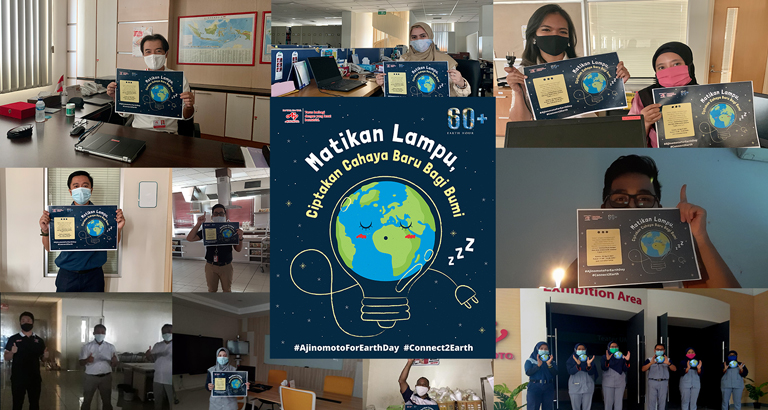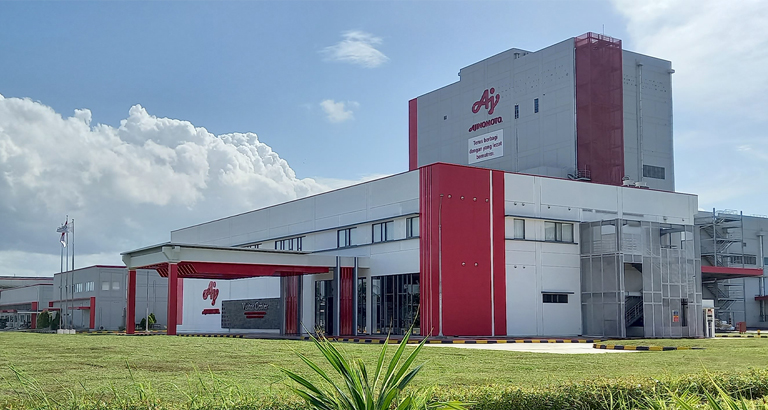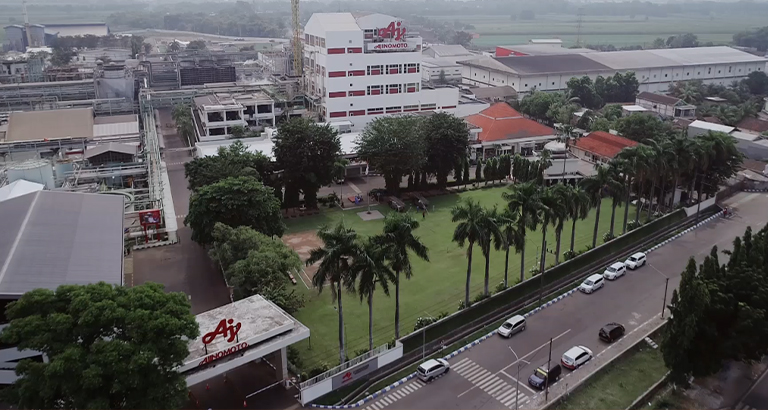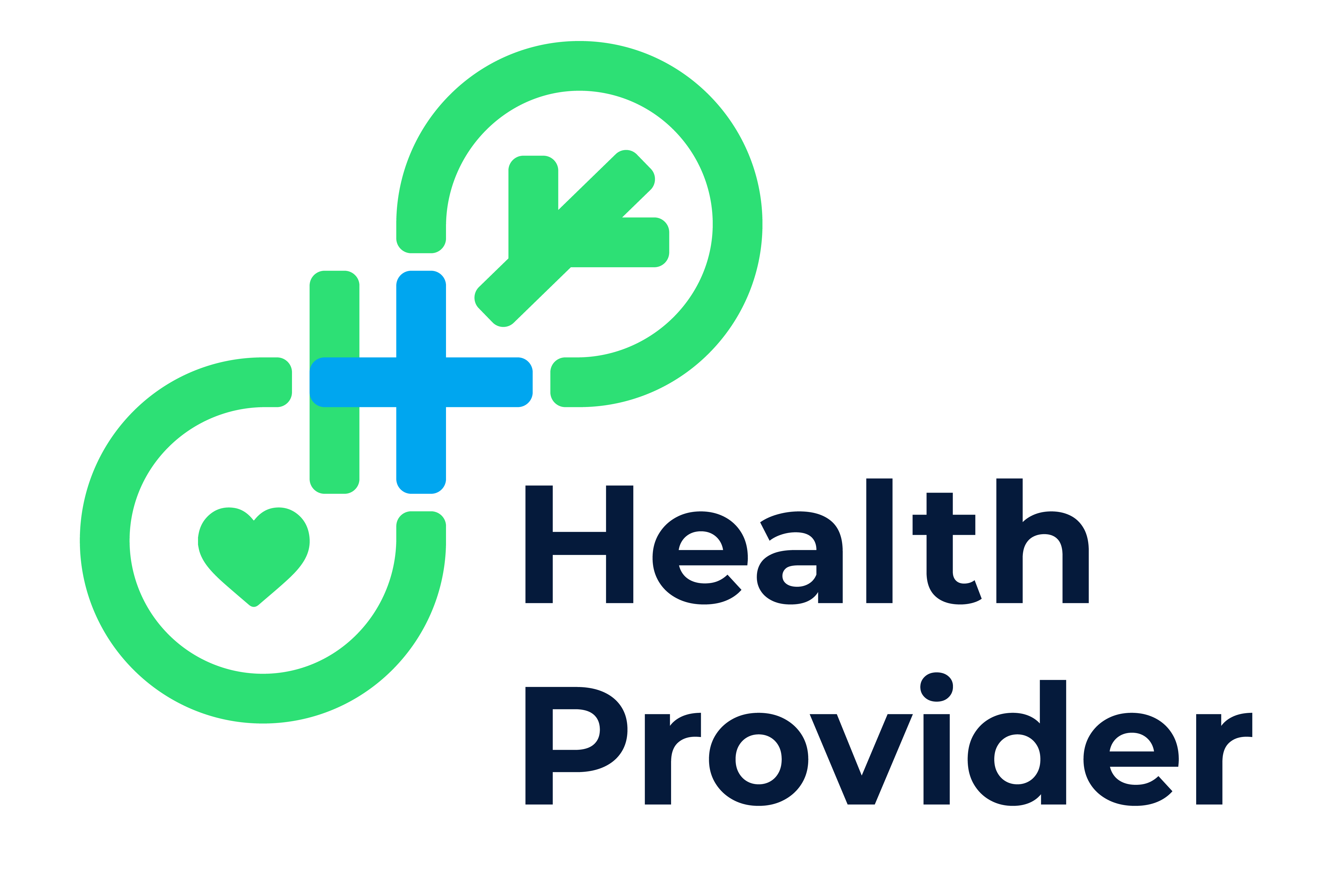
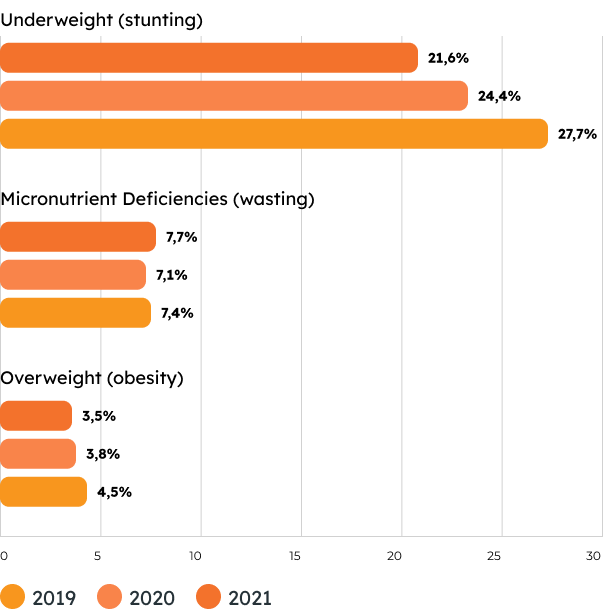
Source: Ministry of Health Republic Indonesia, 2023
The triple burden malnutrition consists of underweight, wasting/micronutrient deficiencies and overweight. These three problems often coexist in the same country, even in the same family.
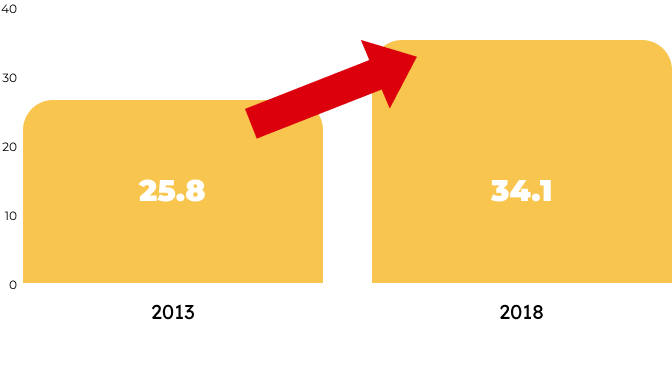
29.7% of Indonesia's population or the equivalent of 77 million people consume sugar, salt and fat (GGL) in excess of WHO recommendations. This needs to be anticipated considering the increasing trend of sufferers of non-communicable diseases, such as obesity, hypertension, diabetes mellitus and stroke.
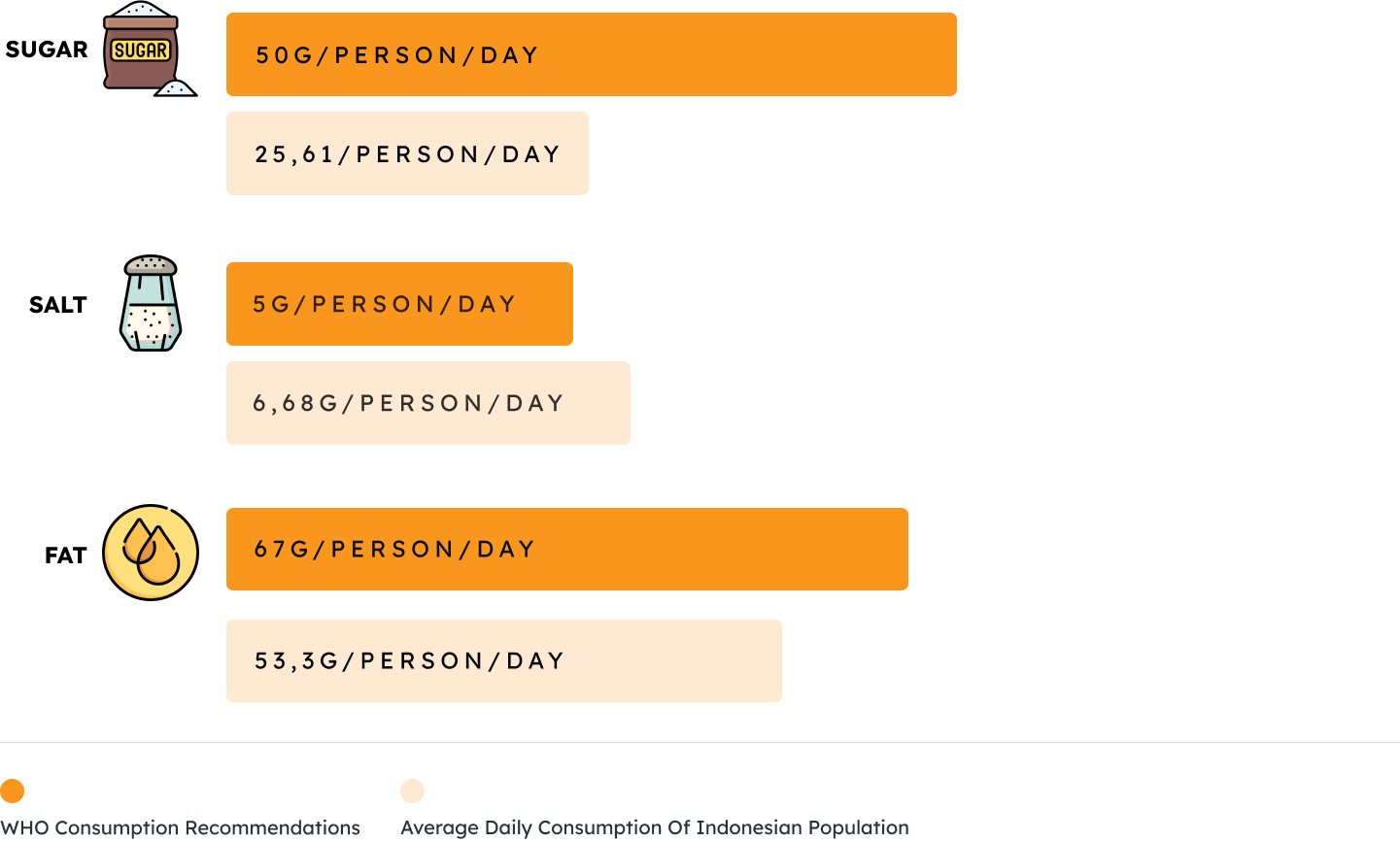
Source: Individual Food Consumption Survey (SKMI), 2014
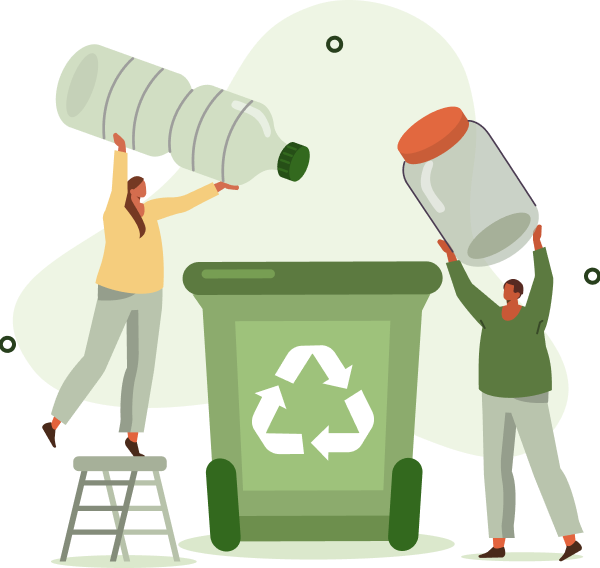
Plastic waste is the second largest type of waste found in Indonesia after food waste. Of the total 36,218,012.28 waste produced in 2022 nationally, 6,555,460 tonnes (18.1%) are plastic waste. Meanwhile, plastic waste takes around 10 - 20 years to decompose naturally.
Percentage of Plastic Waste from Total Waste in Indonesia (2019-2022)
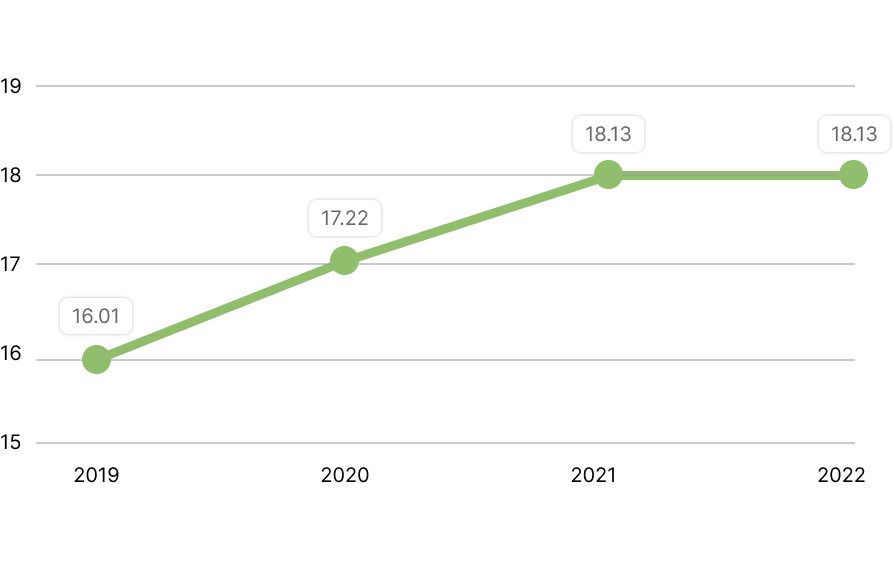
Source: Ministry of Environment and Forestry Republic Indonesia, 2023
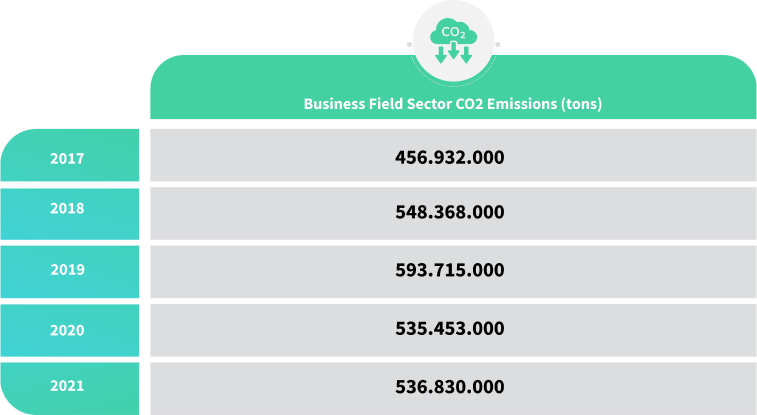
Source: Central Bureau of Statistics Indonesia (2023)
The Water Quality Index (IKA) score in Indonesia is 53.88 points in 2022. This figure is the highest in the last eight years. However, this score has not met the 2022 target of 55.03 points. However, this score has not met the 2022 target of 55.03 points.
Water Quality Index in Indonesia
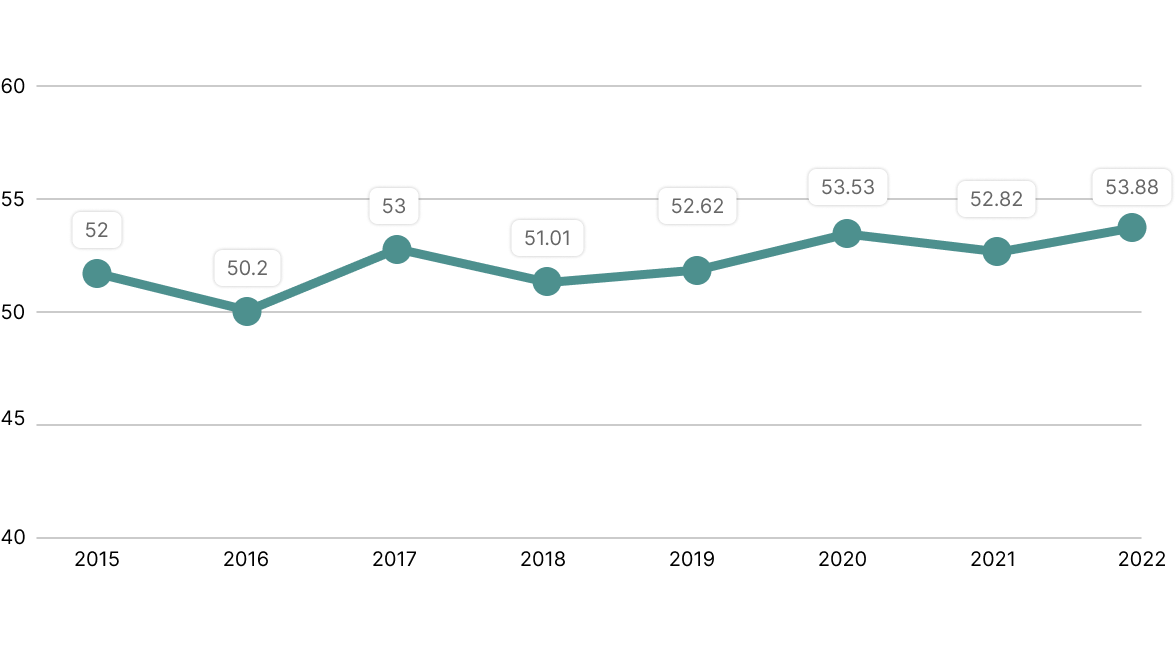
Source: Ministry of Environment and Forestry Republic Indonesia, 2023
Percentage of Food Waste from Total Waste in Indonesia
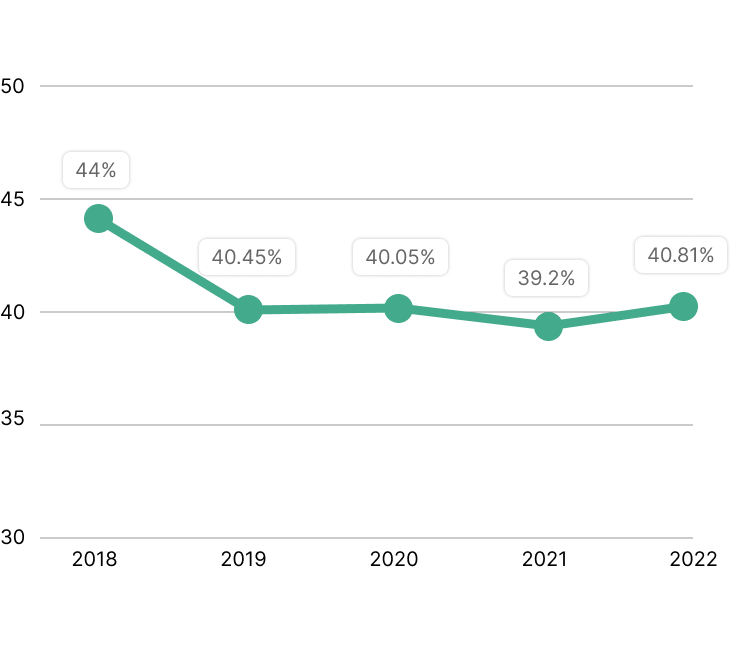 Source: Ministry of Environment and Forestry Republic Indonesia, 2023
Source: Ministry of Environment and Forestry Republic Indonesia, 2023

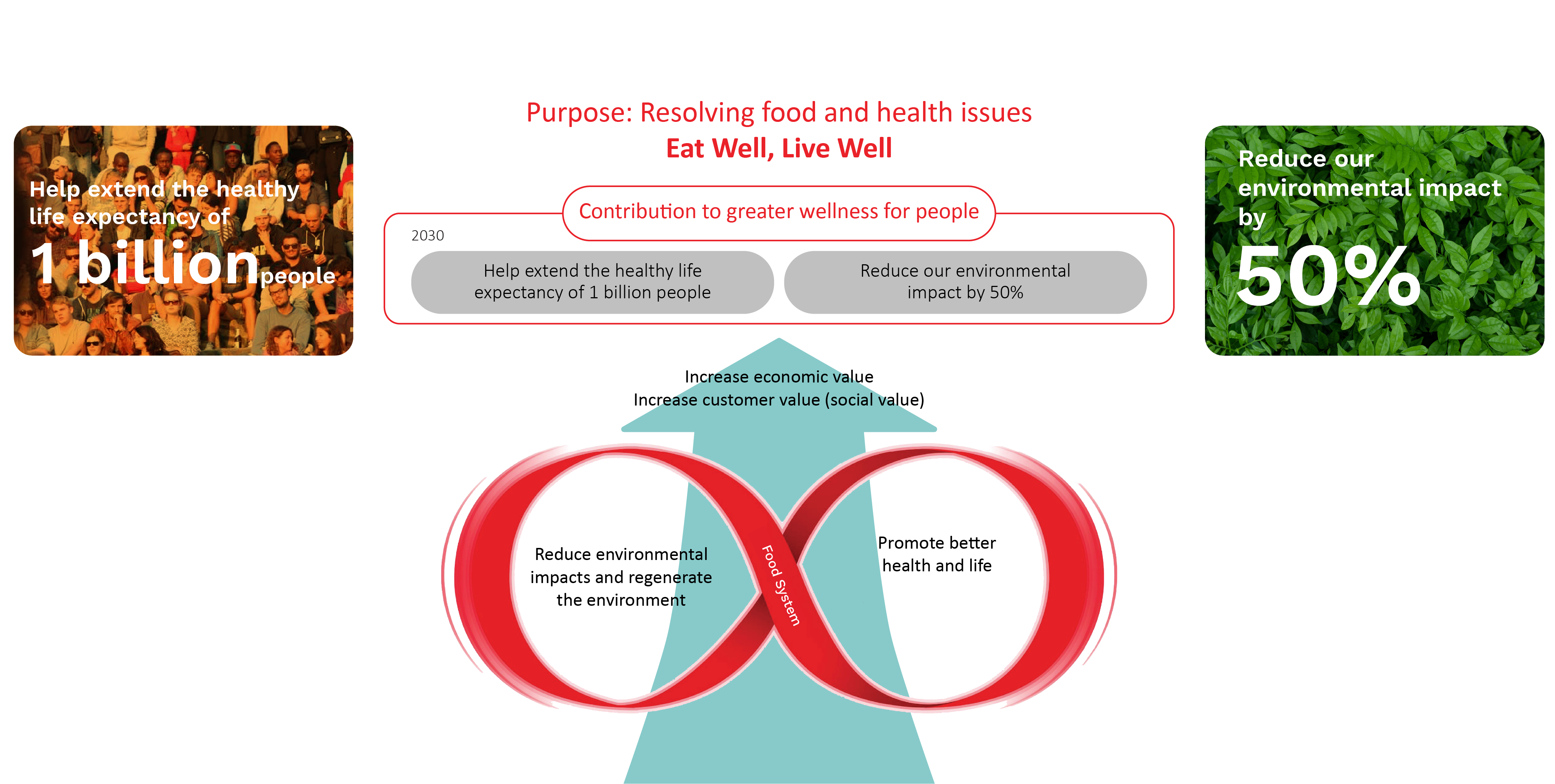
Nutritious Products and Menu
Read more details here >

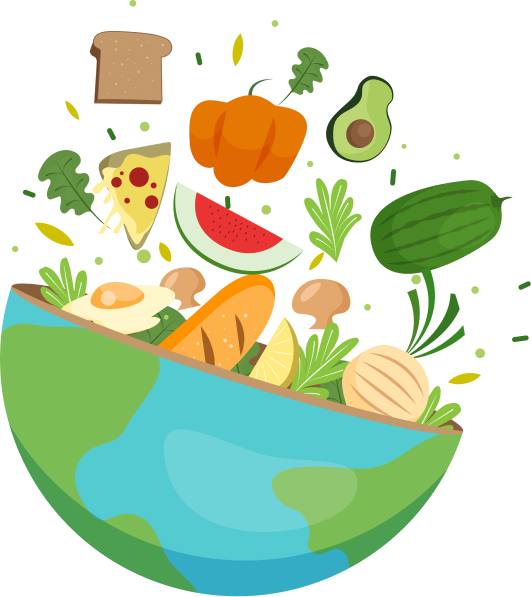
Knowledge and Literacy
Read more details here >
Read more details here >
Plastic Waste Reduction
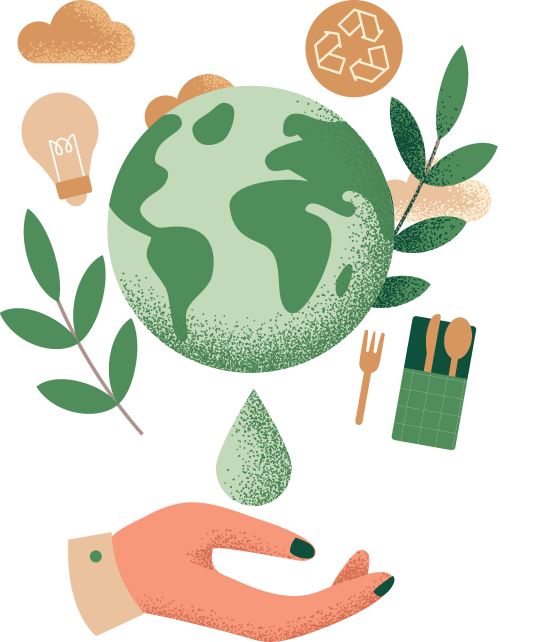
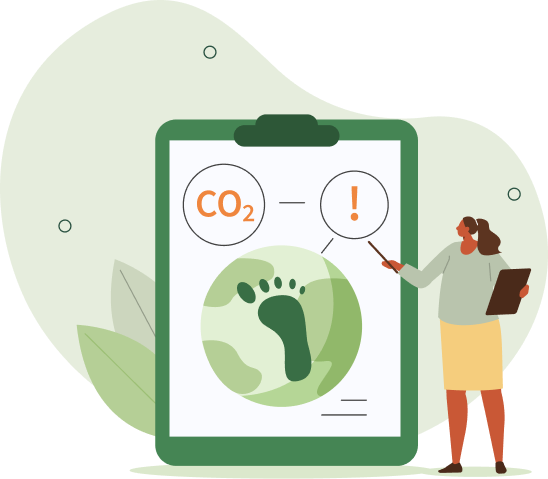
Greenhouse Gas Reduction
Water Use Efficiency
